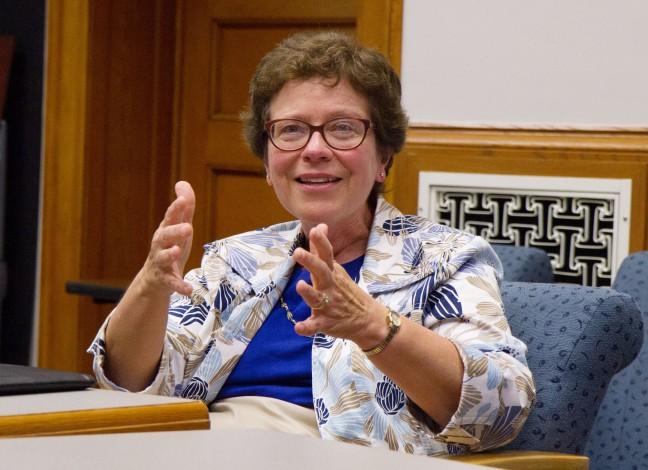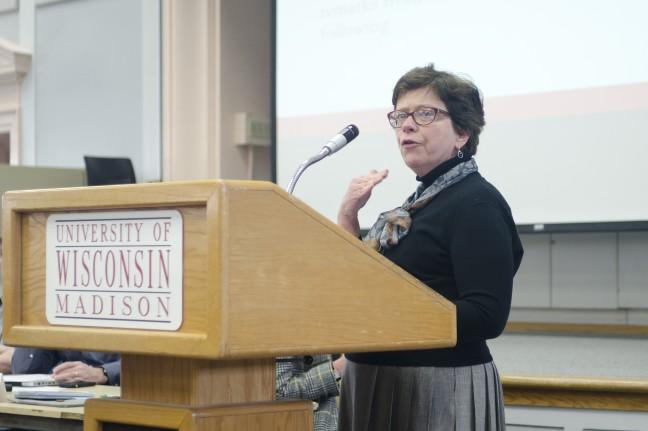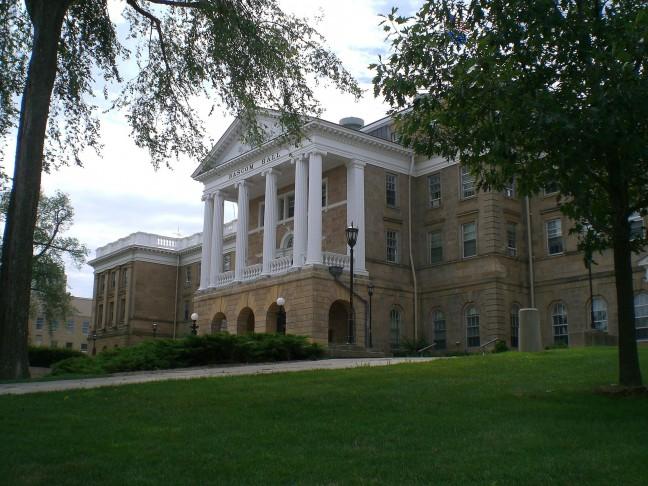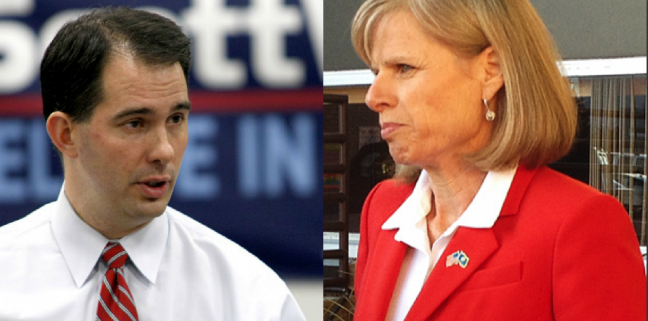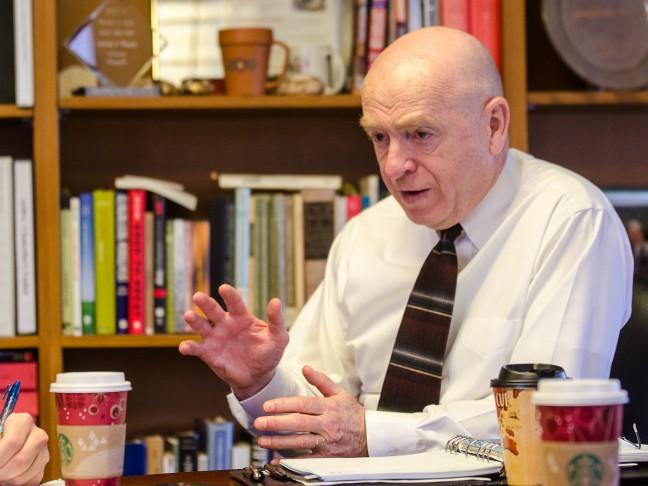
With nearly $1.5 million available to overhaul the advising system for undergraduates, University of Wisconsin students and staff still have to decide how to spend the funds.
After Chancellor Biddy Martin made her final decisions on the third and final round of Madison Initiative of Undergraduates awards, an MIU Advising Working Group will consider methods to better train advisers and work for coordination between advising units across campus.
Annette McDaniel, chair of the Working Group, said officials will look to hire 24 new advisory staff members, which will be assigned to different schools and colleges through a competitive proposal process.
She cited the a need for more support for students in early career exploration, services geared toward transfer students and pre-health and pre-professional advising as possible areas for new advisers.
The group will consider ways to increase efficiency in cross-unit collaboration, improved access to quality advising and reducing the load for individual advisers as guiding principles in evaluating proposals, McDaniel added.
McDaniel said funds would also be used to hire a director for undergraduate advising to provide a hub for the coordination of all services.
“We currently have a complex system with a lack of coordination, in need of centralized leadership,” she said.
Members would also pursue an advising notes system to keep common records of past advising, along with an online early warning system for academic concerns and an advising web portal, which McDaniel said would meet needs voiced by students and advisers for nearly 20 years.
Gary Sandefur, dean of the College of Letters and Science, said members would also pursue initiatives to allow for collaboration between a student, adviser and faculty member to plan a possible career path or other research or internship opportunities.
He added faculty members have already offered their support to the proposal.
Aaron Brower, vice provost for teaching and learning, said another idea up for evaluation included a “wiki” system to make advising records a form of communal, searchable knowledge as students move between different entities on campus.
“A centralized system could increase visibility for students,” he said. “We will have to consider how to coordinate advising without a one size fits mentality because all students have different needs.”
After the call for proposals goes out, Brower said multiple departments could submit a plan making the case for more advising as a unit, though there will certainly remain needs on campus that the group will not have the money to fill.
Providing additional support and training for incoming advisers, he said, would also be an objection as members consider proposals.
Brower added funding would target centralization of advising for incoming freshmen attending Student Orientation, Advising and Registration, an effort that would receive support from the Center for Leadership and Involvement.
Student Board Chair Adam Sheka said the MIU funding could also go toward bolstering the current peer advising system, much of which he said takes place informally.
With minimal controversy generated by the working group’s objectives, Brower said the plan for allocating funds will go to the oversight committee later this week.
He said the call for proposals could go out as early as May, with decisions made in June in order to allow new advisers to begin work in fall 2011.


